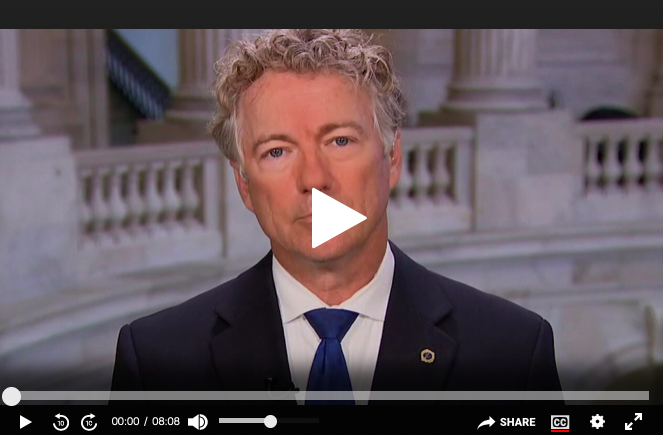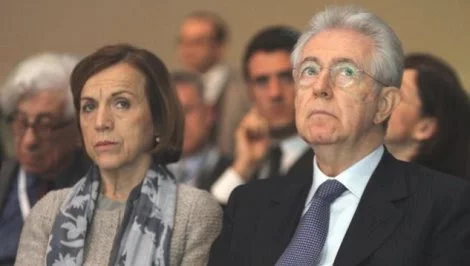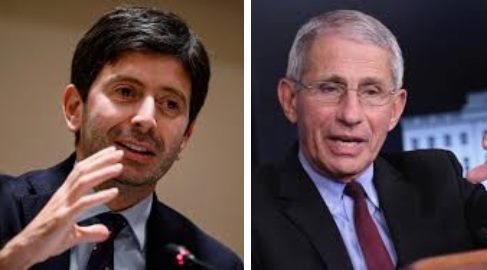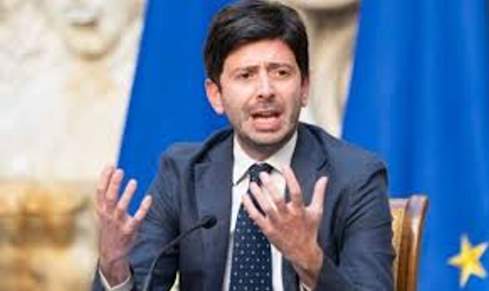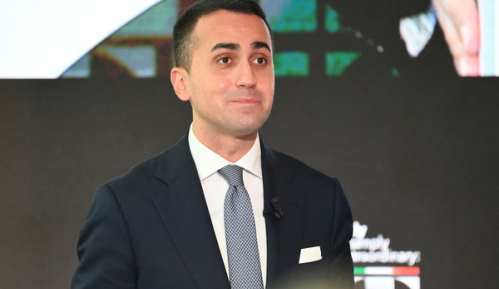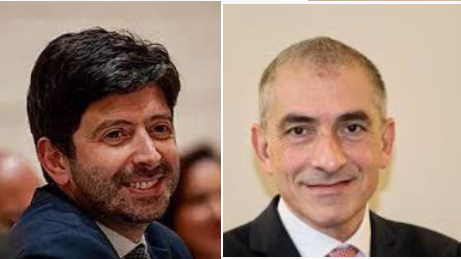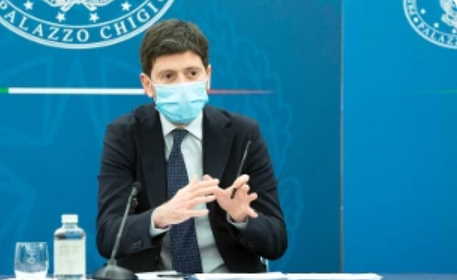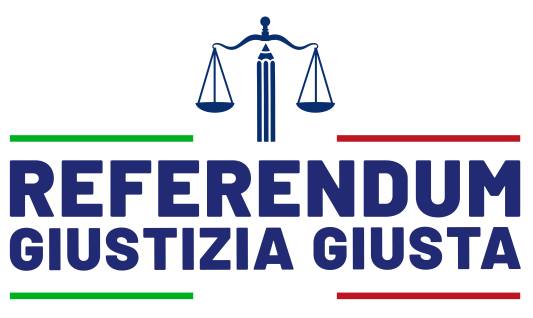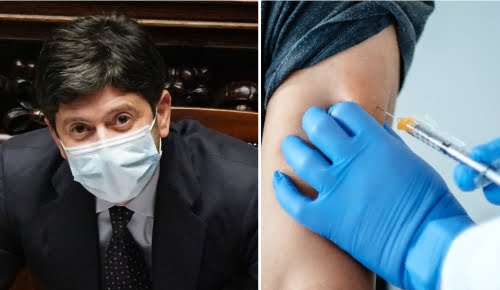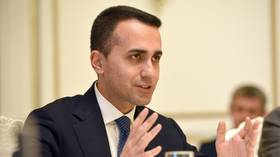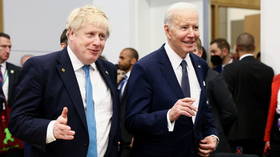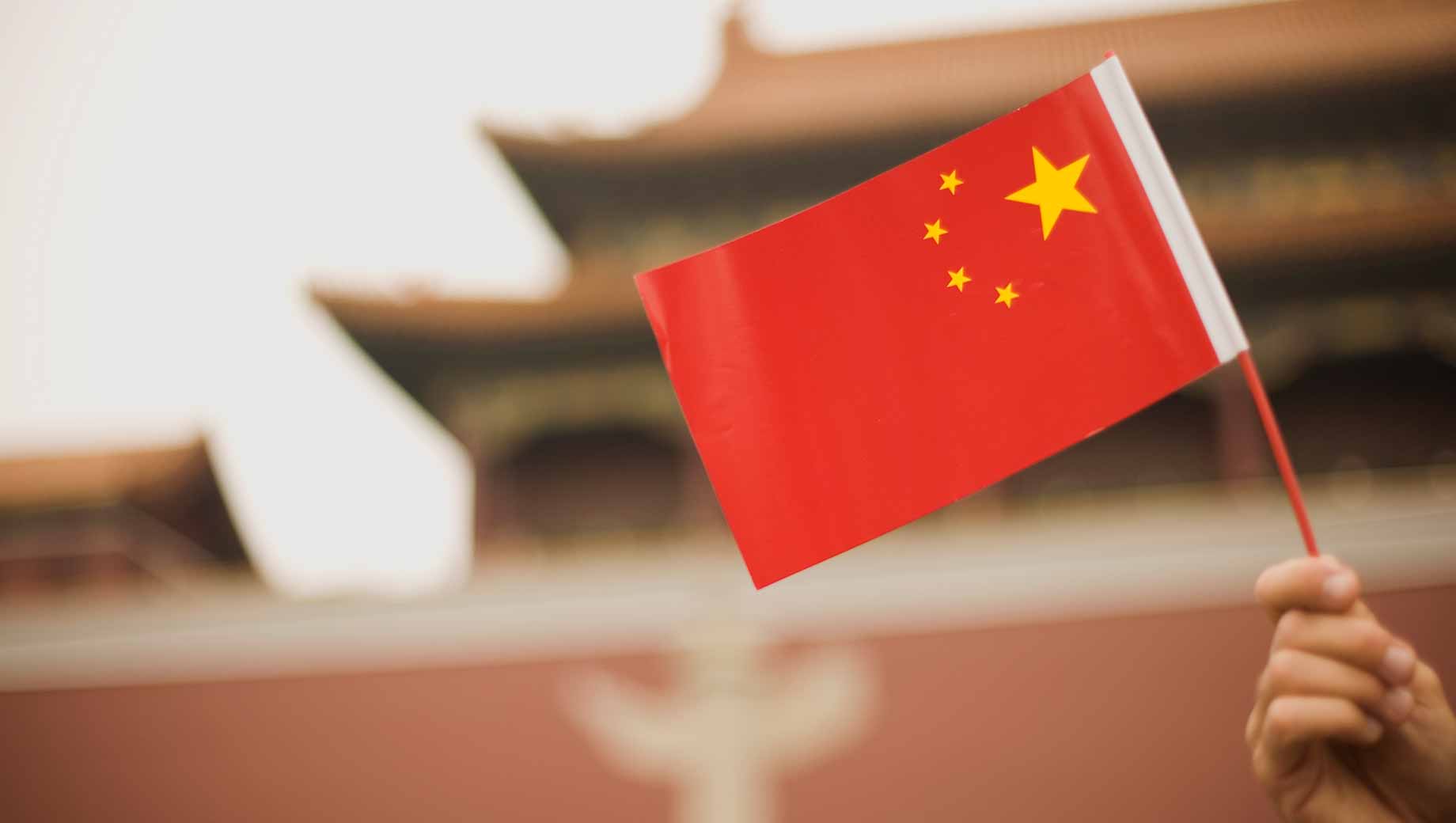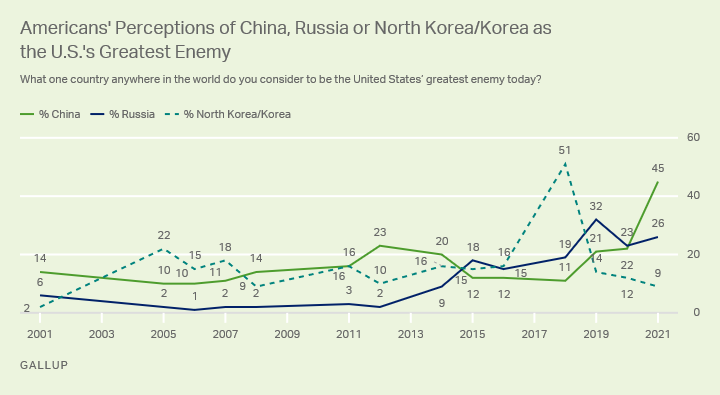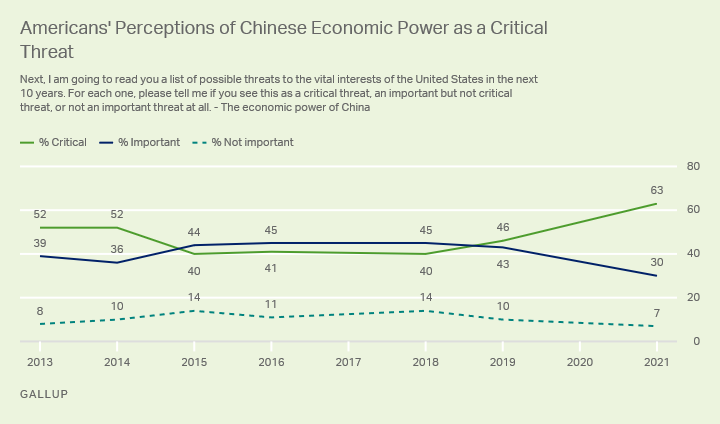Reactionary Succession in Australia: Peter Dutton, New Opposition Leader

All Global Research articles can be read in 51 languages by activating the “Translate Website” drop down menu on the top banner of our home page (Desktop version).
To receive Global Research’s Daily Newsletter (selected articles), click here.
Visit and follow us on Instagram, Twitter and Facebook. Feel free to repost and share widely Global Research articles.
***
The devastation wrought on Australia’s Coalition government on May 21 by the electorate had a stunning, cleansing effect. Previously inconceivable scenarios were played out in safe, Liberal-held seats that had, for decades, seen few, if any challenges, from an alternative political force. But the survival of one figure would have proved troubling, not only to the new Labor government, but to many Liberal colleagues lamenting the ruins. The pugilists and head knockers, however, would have felt some relief. Amidst the bloodletting, hope.
As he has done before, Peter Dutton, former Queensland policeman and failed university student, high priest of division and shorn of compassion, the face of Fortress Australia, survived the electoral challenge. Earlier in the night, it did not seem that he would hold on to the Queensland seat of Dickson. His opponent, Labor’s Ali France, looked ready to assume the reins. But survive, he did, as he has done previously at several ballots. His rival and obvious successor to take over the Liberal Party, Josh Frydenberg, did not.
Dutton, Australia’s new opposition leader, is a reactionary, though he must couch his ascent to the leadership in more accommodating terms. He is a reminder of a brand of politics that Australia’s conservative Prime Minister John Howard made the norm: callous, self-centred, free of vision and hostile to outsiders. Under Howard, illegal wars were launched, a national security state created, and torturous offshore detention centres established in Pacific outposts. His time in office was characterised by an oleaginous, ignorant smugness.
It was Dutton who seemingly wanted to stay on this mummified path. In the tribal wars affecting his own party, which saw an ongoing battle between Tony Abbott and Malcolm Turnbull, both eventually having spells as Liberal Prime Ministers, Dutton played his dagger’s hand. Towards Turnbull, he was particularly vicious, cultivating hard line support for his own leadership credentials.
It was Dutton who finally saw off the meeker and more moderate Turnbull in August 2018, signalling his own leadership challenge with the subtlety of a hangman and the graciousness of a prison escapee. But his time to be leader had not come. Within the Liberal Party, Dutton was seen as electoral bile in various seats in Victoria and New South Wales, an extreme and extremist’s choice. He may have engineered the assassination in favour of conservative values, but the profits of leadership would go to Scott Morrison and his deputy Josh Frydenberg.
In his autobiography, A Bigger Picture, Turnbull explained why, in the palace coup, he preferred Morrison as his replacement. “Dutton, were he to become prime minister, would run off to the right with a divisive, dog-whistling, anti-immigration agenda, written and directed by Sky News and 2GB.”
Turnbull’s reading of politics, for all his qualities as a legal advocate, seemed cock-eyed. Morrison had his own penchant for division, dog-whistling and anti-immigration. And the former merchant banker, intellectually superior as he was, never saw Dutton as a viable threat, having “assumed people have a reasonable amount of self-awareness”. Given such awareness, Dutton never struck the defeated Turnbull “as being so self-delusional and narcissistic as to imagine that he could successfully lead the Liberal Party. More relevantly, it had never occurred to me that others would think he could either.”
Under Morrison, Dutton became all that is terrifying about the national security state and corrosive to democratic accountability. He ruled over Australia’s new super Department of Home Affairs and showed every sign of loving it. More national security legislation was passed, privacy protections eroded, surveillance encouraged.
Dutton also became the dour face of anti-China jingoism and bellicosity, often making spurious historical comparisons. (The 1930s has been something of a favourite.) When he found his way to the role of Defence Minister, he began trumpeting arguments for war, making it clear that Australia would unconditionally commit troops to a conflict against Beijing over Taiwan.
The process now is one of cosmetic tinkering: a nip here, a tuck there. Unlike other leaders who speak of discovering inner steel, Dutton is keen to promote an inner, non-existent softness. In a statement released to the press, he threatened to show Australians “the rest of my character, the side my family, friends and colleagues see.” His wife, Kirilly, irrelevantly informs us of his remarkable skills as a father, his “great sense of humour” and his “incredible passion”. His defenders claim to know a New World of intellect lurking like newly discovered permafrost.
West Australian premier Mark McGowan, and former Australian prime ministers Kevin Rudd and Paul Keating, see things rather differently. For McGowan, Dutton is an “extremist”, incapable of listening, “extremely conservative” and not “that smart”. Rudd sees an “idiot” who believes that more shouting and stitching of hair on the chest in the morning somehow improves “your overall strategic circumstances with China and the United States”. Keating detects a “dangerous personality” intent on “injecting Australia into a potentially explosive situation in North Asia”.
In terms of where he sees his party going, Dutton is proving gnomic and unconvincing. “We aren’t the Moderate party. We aren’t the Conservative party. We are Liberals. We are the Liberal party. We believe in families – whatever their composition.” He tautologically claimed to back businesses “small” and “micro’”, while standing for the “aspirational, hard-working ‘forgotten’ people across cities, suburbs, regions and in the bush.”
Media hacks are doing their bit to suggest a more nuanced man behind the thuggish visage. Miraculously, veteran journalist Michelle Grattan can spot a “complicated” figure. There are “two Peter Duttons: the public sword carrier and the mask-like face and the non-public person, who is routinely described as charming, with a sense of humour, and politically more granular than you think.”
Such a profile could be applied to many: the dedicated war criminal with a love of family, sunsets and fine wines; the concentration camp guard who went about his work with diligence and returned back to hearty stews and his rare stamp collection. Look more closely, and there are always two sides. But which one wins out, in the end?
*
Note to readers: Please click the share buttons above or below. Follow us on Instagram, Twitter and Facebook. Feel free to repost and share widely Global Research articles.
Dr. Binoy Kampmark was a Commonwealth Scholar at Selwyn College, Cambridge. He currently lectures at RMIT University. He is a regular contributor to Global Research and Asia-Pacific Research. Email: bkampmark@gmail.com
Featured image: Defence Minister Peter Dutton. Image: Viv Miley/Green Left




